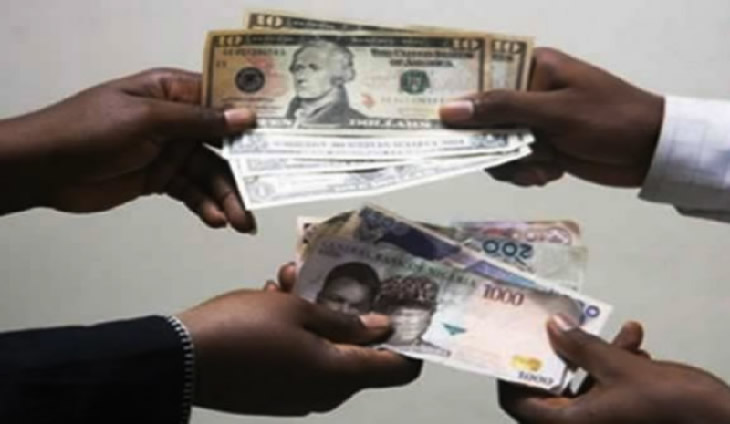The Central Bank of Nigeria (CBN) on Saturday said there is no plan to convert $30bn domiciliary deposits to naira.
The Federal Government and the top banks are reportedly considering converting foreign cash in residents’ residential accounts to naira in order to stabilize Nigeria’s currency, which earlier this week saw its worst performance in history. These reports surfaced in some sections of the media (not on NewsClick Nigeria) on Saturday (today).
The apex bank, however, called the allegation “fake news” in a post on Saturday and advised people to ignore such rumors.
“No plans to convert $30bn domiciliary deposits to naira. This news is fake!,” the post reads.
The response from the top bank came after it mandated two days prior that Deposit Money Banks (DMBs) divest their surplus dollar stock by February 1, 2024, as a means of bringing the country’s unstable exchange rate under control.
In a circular published on Wednesday, the CBN cautioned lenders against accumulating surplus foreign currency for financial advantage.
In the circular titled, “Harmonisation of Reporting Requirements on Foreign Currency Exposures of Banks”, the apex bank raised concerns over the growing trend of banks holding large foreign currency positions.
Among other things, the apex bank had previously forewarned banks and FX dealers against reporting fictitious exchange rates.
Banks were charged by the CBN of having excessive foreign exchange holdings. Lenders were given until February 1, 2024, to liquidate surplus money stored in their vaults.
“The Central Bank of Nigeria has noted with concern the growth in foreign currency exposures of banks through their Net Open Position (NOP). This has created an incentive for banks to hold excess long foreign currency positions, which exposes banks to foreign exchange and other risks,” the circular read.
Additionally, the CBN released prudential guidelines that banks need to abide with. The management of the Net Open Position (NOP), which calculates the difference between a bank’s foreign currency obligations (what it owes in foreign currencies) and assets (what it owns in foreign currencies), is a major emphasis of these rules.
According to the circular, the NOP cannot be more than 20% short or 0% long of the money owned by the bank’s shareholders.
In the official Nigerian Foreign Exchange Market, the naira saw its largest decline on Monday, falling by 24% to close at N1,348 per dollar.

